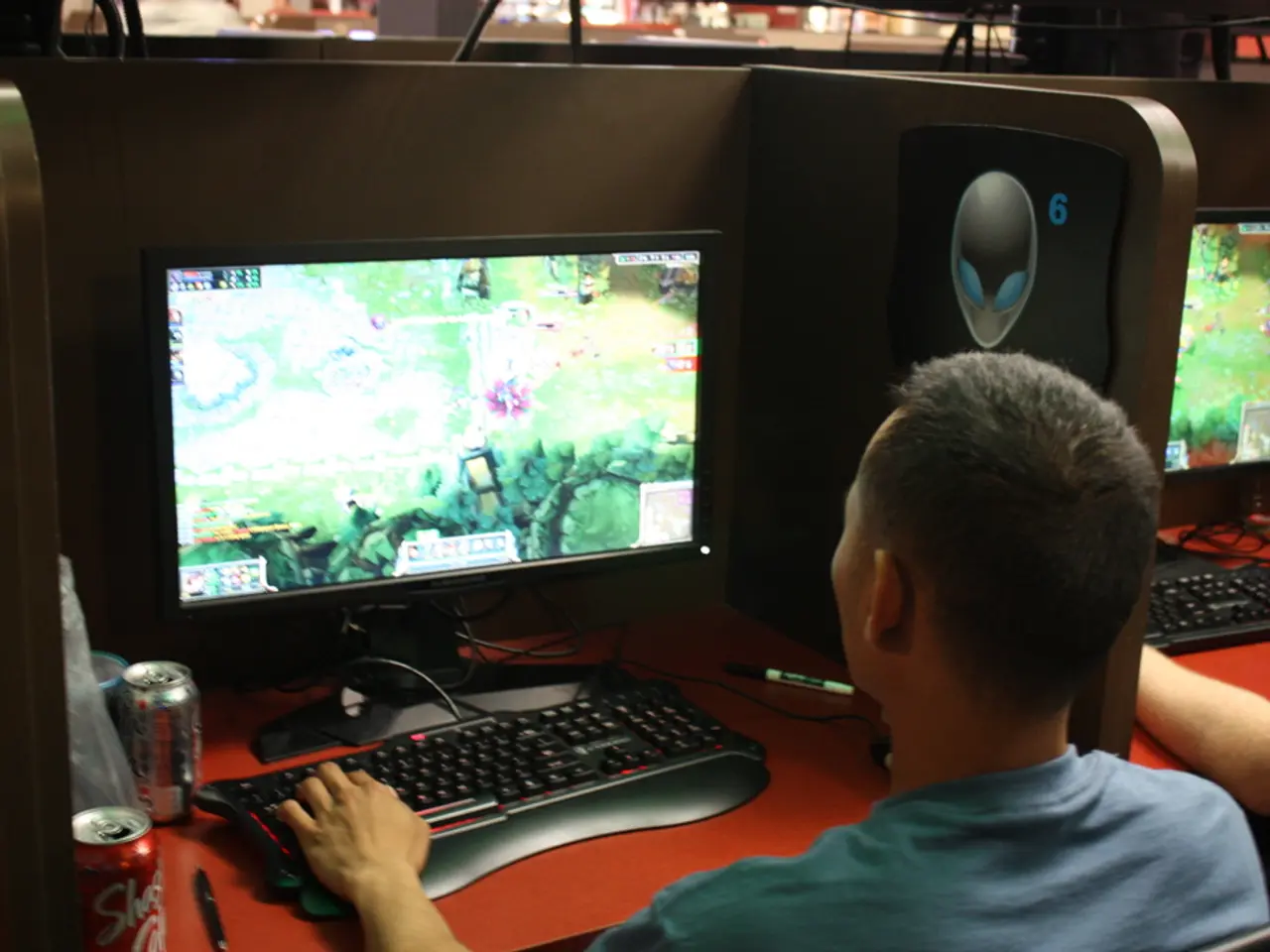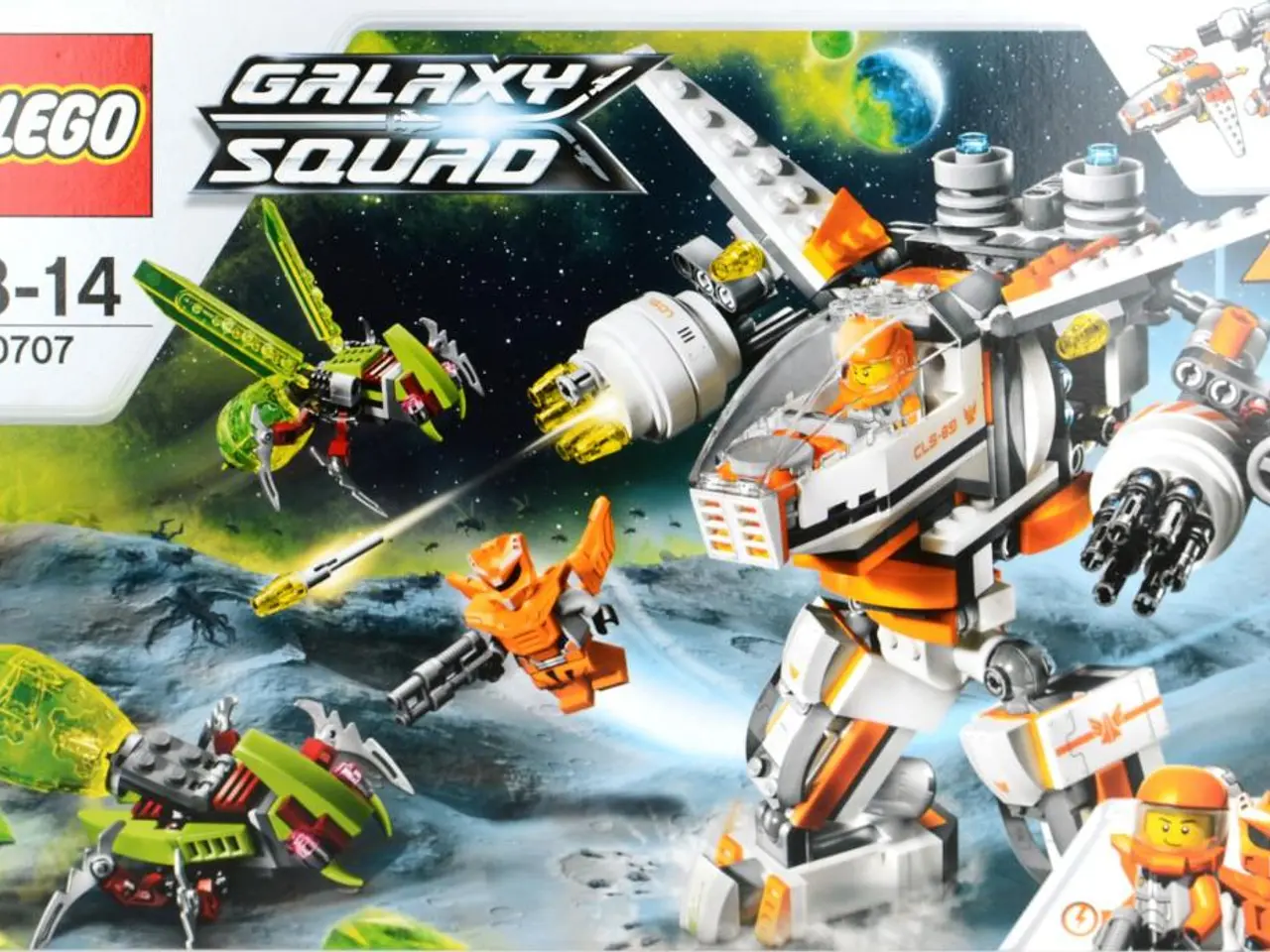Expanding Horizons in Digital Gaming: Reasons behind the Stealthy Resurgence of Blockchain
The blockchain gaming industry is experiencing a phase of strategic transformation and sustainable growth, moving beyond early speculative hype to focus on durable game design, institutional credibility, and improved player retention.
Industry Evolution
The sector is shifting from volatile token economies and short-lived play-to-earn (P2E) models to emphasizing long-term value through core gameplay, cross-platform interoperability, and integration with mainstream gaming studios. Technological advances like Layer 2 scaling, alternative blockchains, AI-driven dynamic economies, and cross-chain interoperability are reducing transaction costs, enabling real-time experiences, and allowing asset portability across games and platforms.
Traditional gaming companies, such as Ubisoft, FIFA, and Sega, are increasingly investing in blockchain gaming, experimenting with blockchain integrations and bringing higher development quality and established IPs into the space.
Funding and Partnerships
Despite a significant decline in funding and a drop in active users, partnerships with traditional game studios surged by 35%, integrating blockchain elements to enhance user experience and attract new audiences, signalling continuing institutional interest despite short-term funding challenges. Investors like José Herrera are now focusing on due diligence and long-term capital rather than speculative bets, reflecting maturing investor attitudes and priorities.
Growth Potential
The growth potential is rooted in the adoption of sustainable tokenomics that balance player incentives with economic viability, the expansion of GameFi (combining gaming and decentralized finance), rising interest in virtual real estate, increasing use of energy-efficient blockchain protocols, and the continued development of specialized financial infrastructure to support player asset security and DeFi integration in gaming.
Summary Outlook
While user activity and funding experienced a temporary downturn in early 2025, the blockchain gaming sector is undergoing a reset and refinement rather than a collapse. The market is maturing towards games that are engaging without relying solely on token rewards and sustainable economies resilient to market fluctuations.
Major industry players and technological innovations position blockchain gaming for long-term exponential growth, potentially becoming a mainstream segment integrated with traditional gaming, finance, and digital asset ecosystems.
Spain's Role
Spain's digital media spending and gaming adoption are rising, with the blockchain gaming market valued at approximately $14.8–21.6 billion in 2024–2025 and projected to expand dramatically, reaching around $1.17 to $1.27 trillion by 2033. Web 3.0 investment in Spain is surging in 2024-2025. Spain's unique advantage lies in its combination of competitive dev talent, startup agility, strong connections to Latin America, EU-level infrastructure, and regulatory clarity.
Spain's regulatory environment is supportive of blockchain projects, and Spain's digital media spending and gaming adoption are rising. Xavier Baldó, the CEO and founder of EFC and a member of the Blockchain Game Alliance, is leading the charge in Spain. Investors like José Herrera are advising teams directly and backing founders they trust with long-term capital.
In conclusion, blockchain gaming today is in a transitional growth phase, marked by more cautious investment, technological innovations, and strategic partnerships that collectively underscore its substantial future potential and evolving industry stature. AAA and AA studios are stepping in as development partners, tech collaborators, and strategic advisors for blockchain games. The future of blockchain gaming is focused on sustainability, playability, and real-world utility. Spain's metaverse gaming sector is forecast to reach $2.7 billion by 2030. Today's projects prioritize whether the game is fun over token velocity.
Cryptocurrency investments like those made by José Herrera are now focusing on proving due diligence and long-term capital due to the maturing investor attitudes seen in the blockchain gaming sector. With rising interest in virtual real estate and the adoption of sustainable tokenomics, the growth potential of blockchain gaming is rooted in combining gaming and decentralized finance (GameFi), the development of specialized financial infrastructure, and the use of energy-efficient blockchain protocols.
Blockchain gaming's future potential is also supported by the strategic partnerships between major industry players and technological innovations, such as improved player retention through focus on engaging gameplay and cross-platform interoperability, as well as alternative blockchains like those enabling real-time experiences and asset portability among games and platforms.




